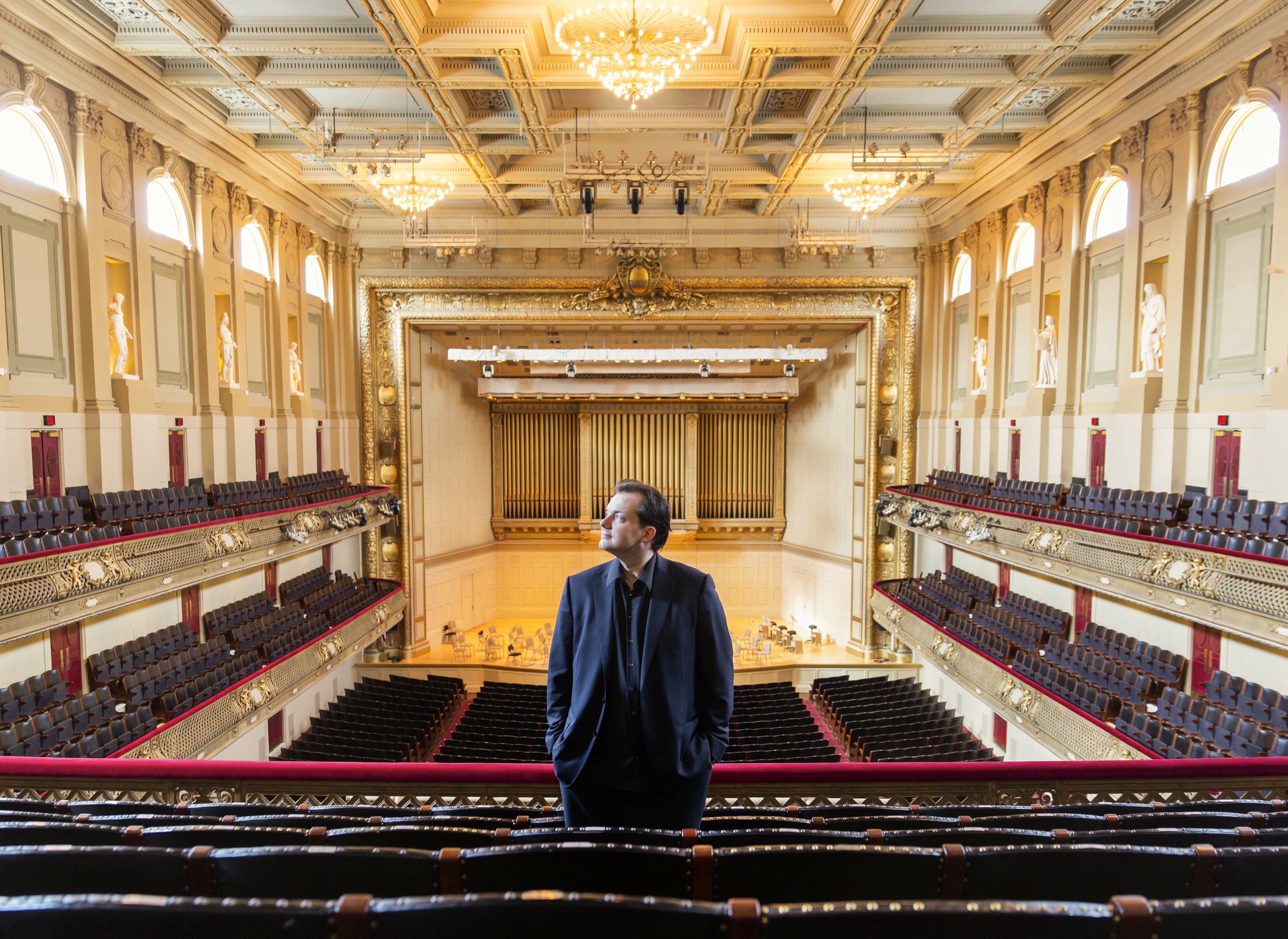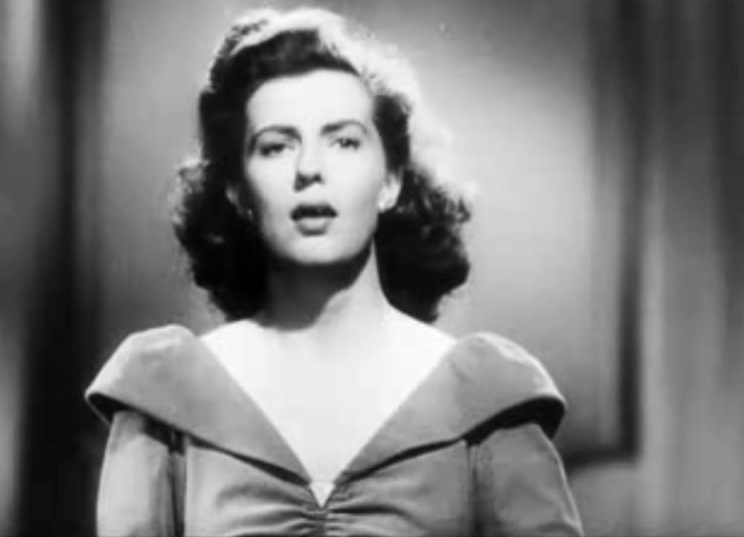
Royal Northern College of Music: “Moscow, Cheryomushki” (Shostakovich)
One of my favorite Eastern European witticisms comes from Soviet-Era Poland:
Under Capitalism, Man exploits Man. Whereas under Socialism, the reverse is true.
Shostakovich’s 1959 operetta Moscow, Cheryomushki (yes, I know—I’ve been stuck on Shostakovich; one more after this, and I will move on) is about bureaucratic corruption and housing shortages in Moscow. “Cheryomushki” means a certain kind of cherry tree, and it refers to both a district of Moscow and to a specific 1950s housing project.
One might think that writing an operetta (one of Shostakovich’s longest works, in fact) ridiculing state officials as lecherous buffoons while decrying substandard housing might have meant that Shostakovich was taking his life in his hands.
However, people forget that between Stalin’s death and the shooting down of Francis Gary Powers’ U-2 CIA spy plane, there was a significant thaw in the Soviet Union. In the new climate of loosened restrictions, Shostakovich’s lyricists went to town with parody and sarcasm, while Shostakovich fashioned his own love letter to the Broadway musical comedy.
More, after the jump.
 As a student, Shostakovich made money by playing piano to accompany showings of silent movies. That alone might not entirely account for his frequent recourse to irony and parody, but it certainly allowed him much practice time.
As a student, Shostakovich made money by playing piano to accompany showings of silent movies. That alone might not entirely account for his frequent recourse to irony and parody, but it certainly allowed him much practice time.
Not long after graduation, from memory and on a bet, in 45 minutes and after hearing a recording of the song only once, Shostakovich produced his quirky, charming orchestration of “Tea for Two.” I don’t believe that in 1928 the USSR subscribed to any international copyright conventions. However I also assume that the Soviet authorities didn’t want to rub Westerners’ noses in blatant copyright infringements. Therefore, by way of protective coloration, Shostakovich’s orchestration of “Tea for Two” is titled “Tahiti Trot.”
Moscow, Cheryomushki is the story of star-crossed young marrieds Sasha and Masha and their struggle to “get a room.” They have, in theory, been granted an apartment in the new complex. But the corrupt bureaucrat Fyodor Drebednev plans to knock down the wall between the newlyweds’ rightful abode and the apartment he has allocated to his mistress Vava (as in, “Va-Va-Voom”?) so that Vava can have more-luxurious digs.
Like many Broadway musicals, Cheryomushki partakes of both high and low culture. Say what you will, it is undeniably tuneful. My kids, when young, enjoyed the BBC Music Pimlico Opera English-language version CD, with lyrics such as:
Cheryomushki, Cheryomushki,
Remember your new address!
In every room, on every floor
Municipal happiness!
A Heavenly place without a trace
Of a dark and gory past.
It’s out of mind and hard to find
But Paradise at last.

The embedded YouTube is of passable but not exceptional technical quality, but the singing is enthusiastic and committed. If you look on Amazon or eBay, the BBC CD can be had for peanuts, or, with free shipping for a few dollars. There is also a Decca DVD of the 1963 Soviet film treatment that is available both from Amazon and from Arkivmusic. You can find clips from the film on YouTube.
Shostakovich claimed to regard Cheryomushki as “Boring, unimaginative, stupid.” Obviously: his first violin concerto, it is not. But Cheryomushki is cute and charming and just a little bit corny, if you are in the mood for it.
# # #


